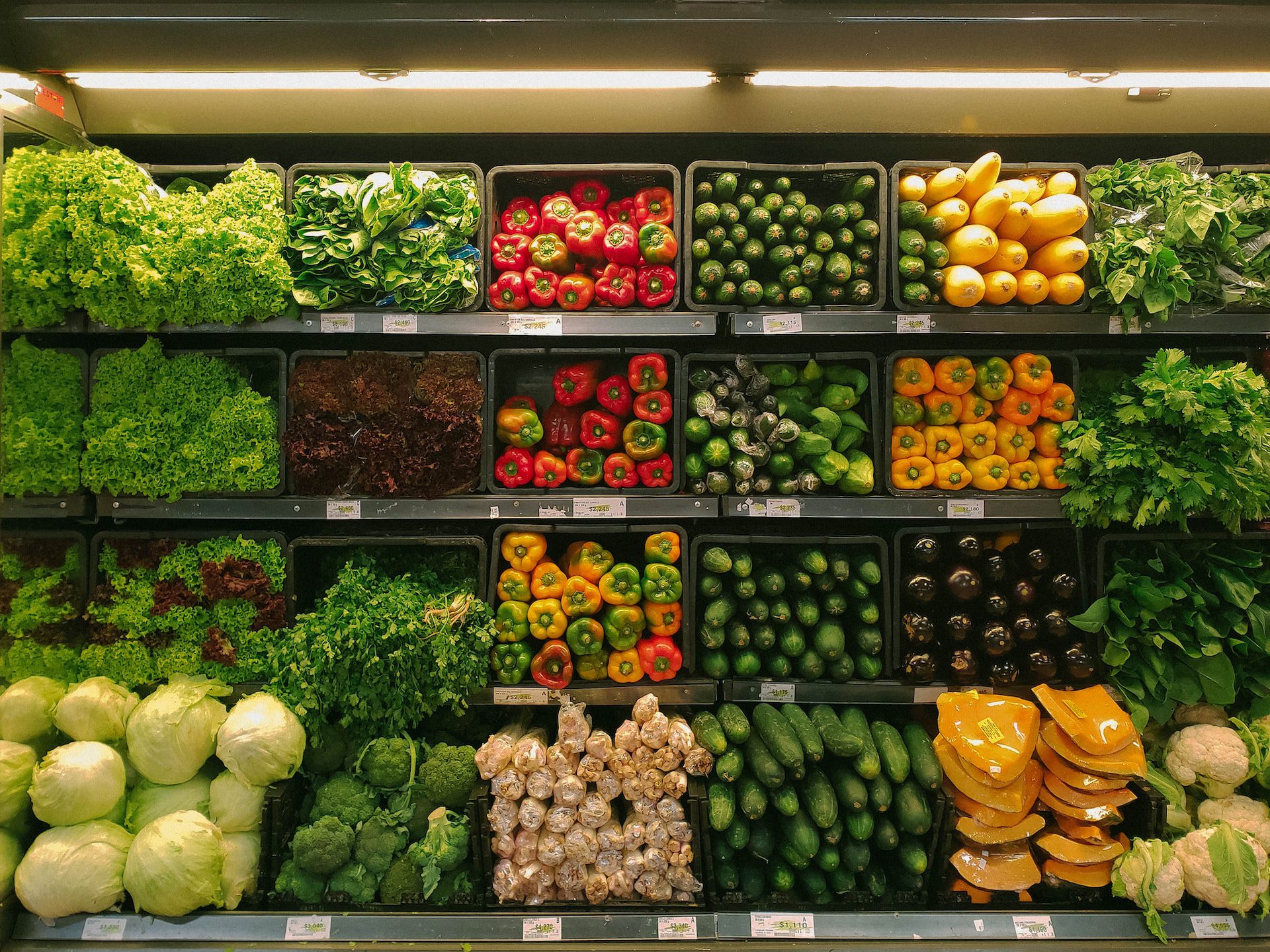
Hungary has decided to extend price caps on basic foodstuffs such as flour, granulated sugar, and fuel, as well as mortgage rates and utility charges, the government announced on September 17th.
The prime minister’s chief of staff, Gergely Gulyas, announced the six-month extension of the measures on the same day. He called the measures “Europe’s biggest family support scheme.” The measures are meant to alleviate the rising cost of necessities including food, fuel, and heating.
Gulyas blamed the rising prices on EU sanctions against Russia, which include embargoes on oil and coal. “As long as the sanctions are in effect, there is no realistic chance of the situation improving,” he said.
He also explained that the utility bill cap was meant to address average consumption levels and that the first energy bills issued under the amended utility price cap scheme indicated that many households have already started to lower energy consumption, meaning more households than expected will fall into the lower-than-average consumer bracket and be able to benefit from the scheme. He said the cap saves families an average of 369-443 euros a month.
Euronews also reports that Hungarian Economic Development Minister Márton Nagy said the government had decided to launch a support scheme for energy-intensive small businesses—covering half of the increase in their energy bills (compared with last year’s levels)—and initiate an investment support scheme to improve their energy efficiency and cut costs.
Where Hungary has taken the lead, other EU countries will follow.
Spain is now considering putting a price cap on basic food items sold at grocery stores.
The idea of a ‘shopping basket’ of items with a fixed price was brought forward earlier in the month by Yolanda Diaz, the minister of work and social economy, though it has met with resistance from other parts of the socialist-led coalition government. Diaz is a member of Unidas Podemos, the minority party in the two-party government. The agricultural sector and small shop owners also oppose the measure.
Diaz has ploughed ahead, though, despite resistance, meeting with representatives from large supermarket chains such as the French supermarket Carrefour—which has a strong presence in Spain—to negotiate fixed prices for a series of basic foodstuffs such as rice and eggs.
OKDiario reports Carrefour raised prices on basic food items between 15% and 30% just before announcing on September 7th that it had created a “shopping basket of 30 items for 30 euros,” a proposal in line with Diaz. The designated items include coffee, oil, rice, pasta, and canned goods. The offer runs through January 8th.
Diaz’s attempt to fix prices with supermarkets in what she has called “bilateral negotiations” drew criticism from the Comisión Nacional de Los Mercados y la Competencia (CNMC, national commission of markets and competition in English) as illegal.
Still, Diaz has not backed down from her plans to continue to meet and negotiate with supermarkets.
“I am sure that the distributors will live up to the expectations of our country,” Diaz remarked in statements to the media after attending the New Communication Forum (organised by the New Economy Forum).
France has already frozen gas prices at October 2021 levels until the end of the year and capped the increase in regulated electricity costs at 4%. Additionally, €100 grants will be offered to low and middle-income households to help pay energy bills.
The UK’s new Prime Minister Liz Truss is also pushing her ‘Energy Price Guarantee’ that will prevent the cost of energy for an average household from going over £2,500 a year for the next two years.
Latvia is also considering putting a price cap on the first 100 kilowatt hours of electricity, the Baltic Times reports. The government will decide next week on draft proposals to set price ceilings for central heating, natural gas, and electricity. This is in addition to the already approved energy support package.
